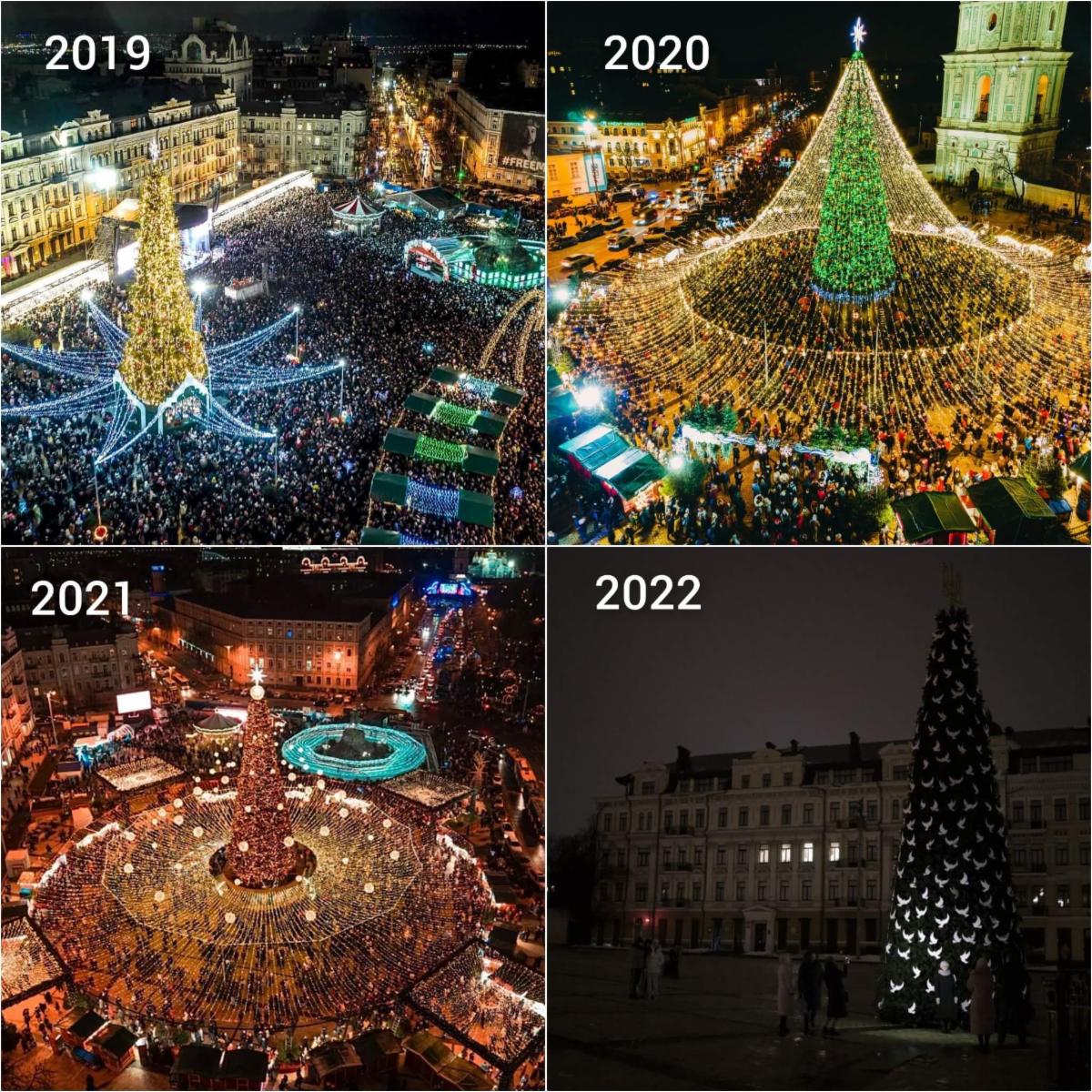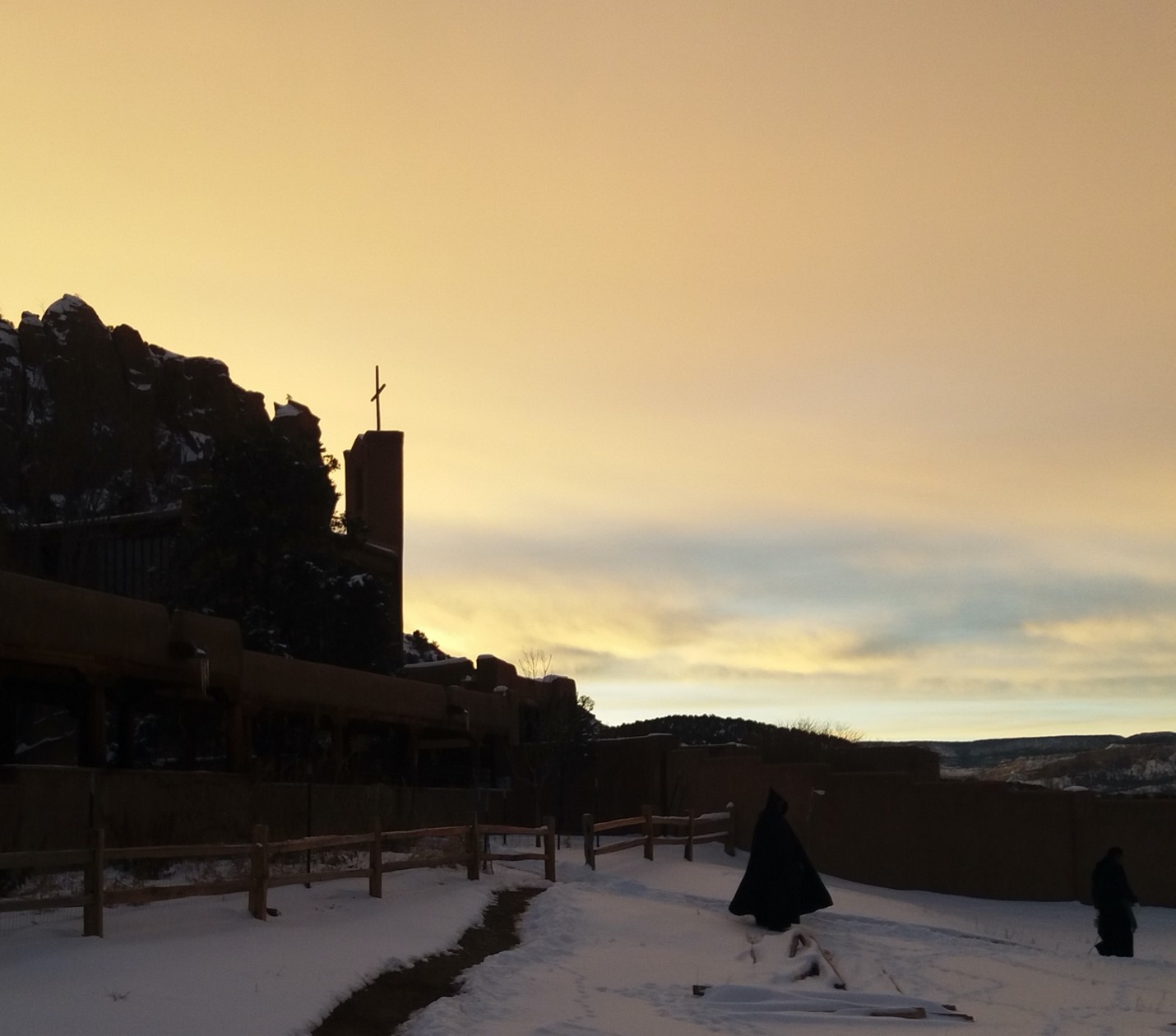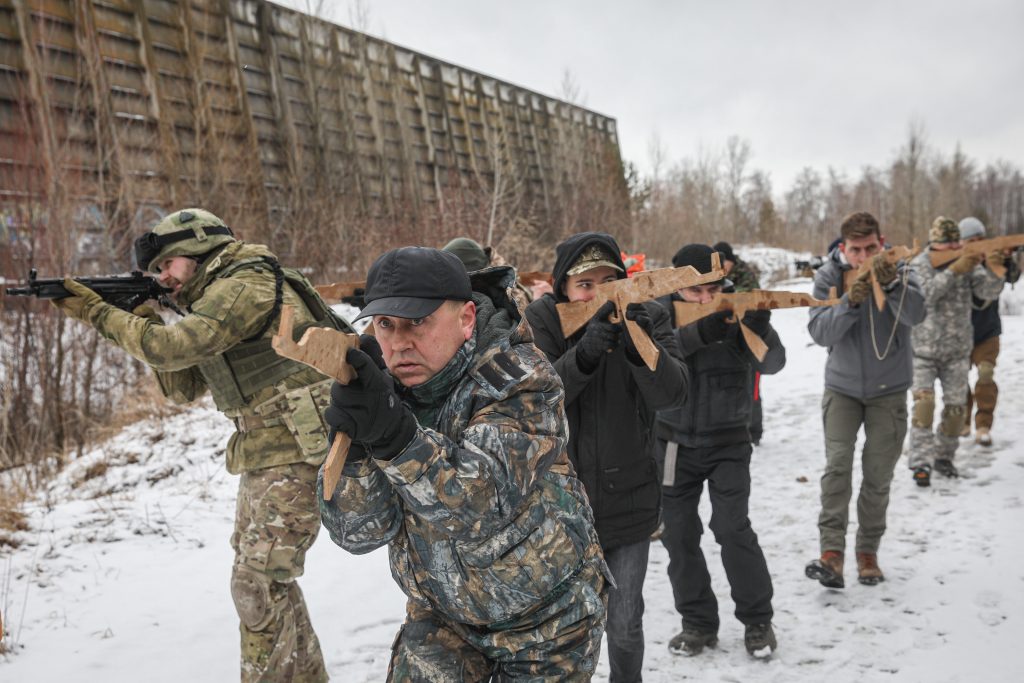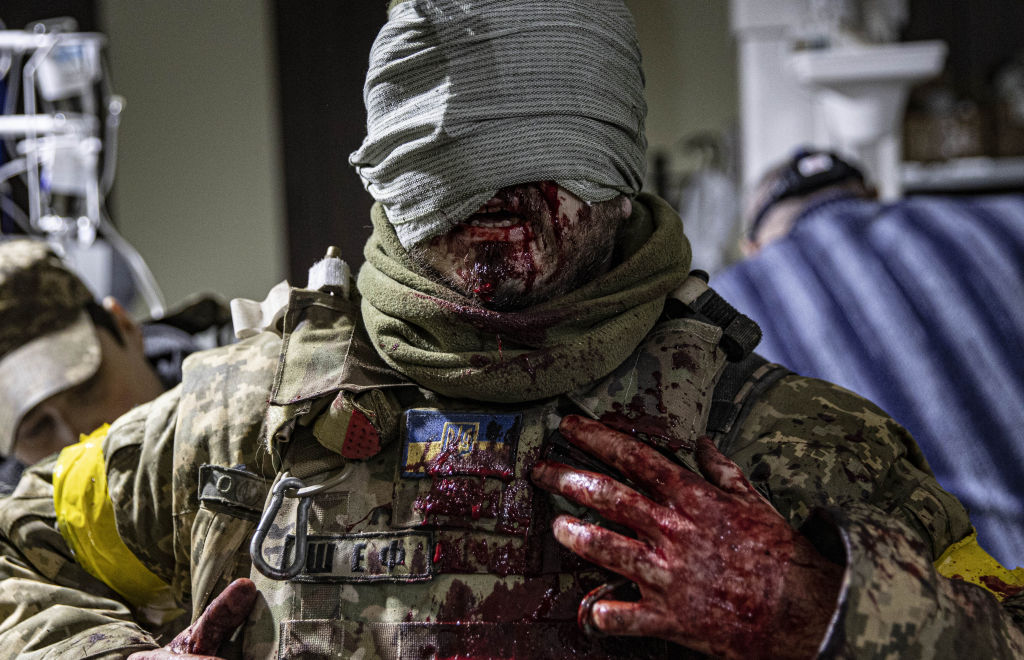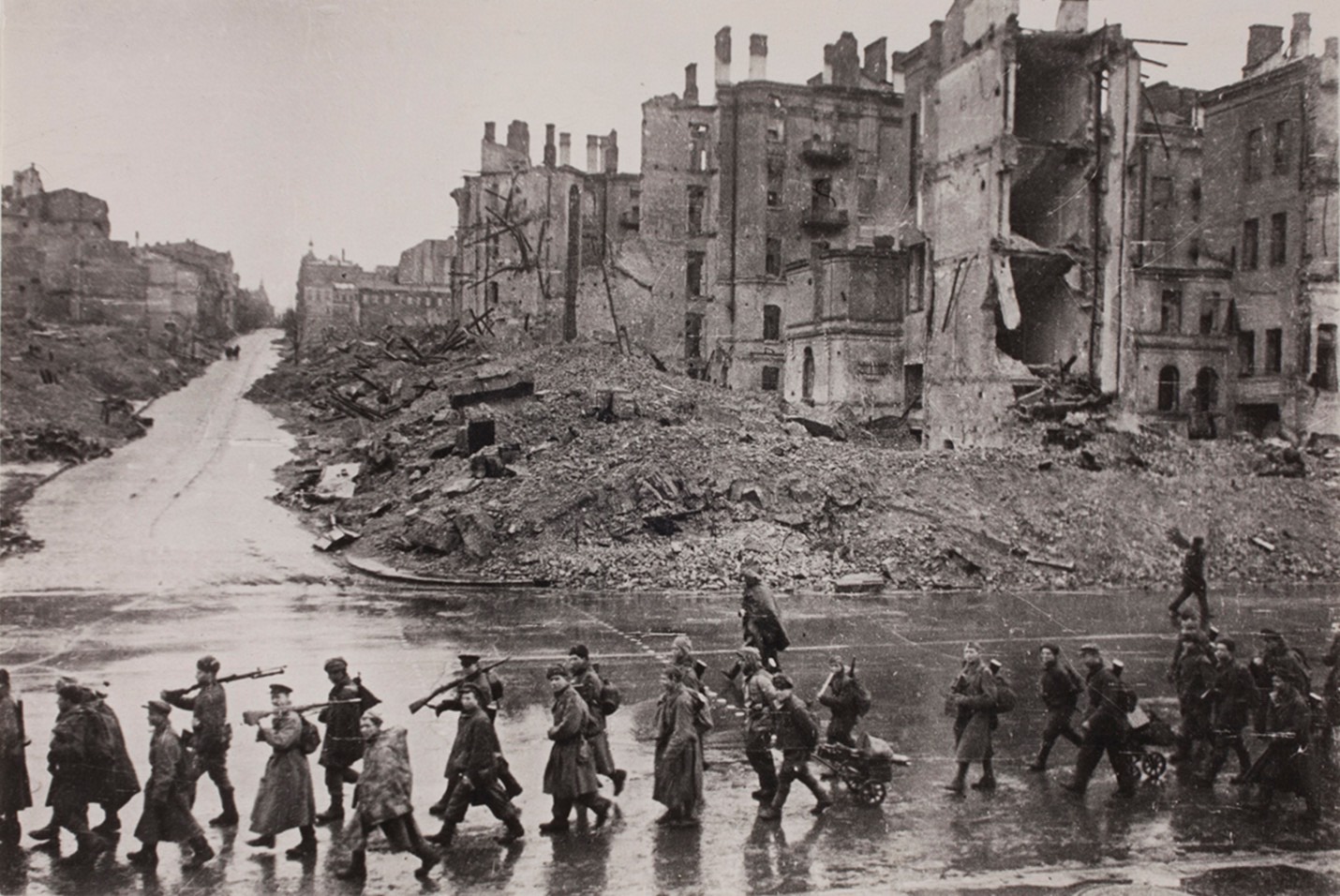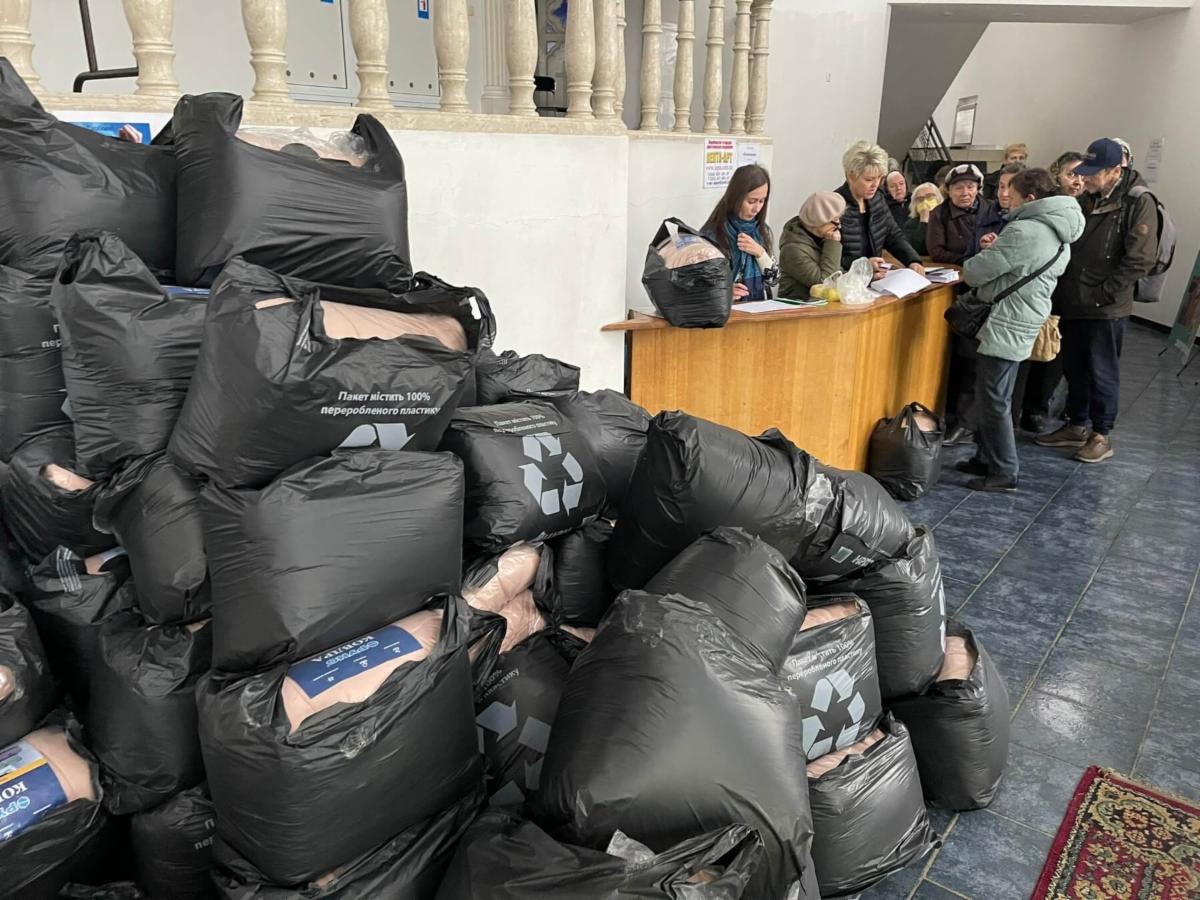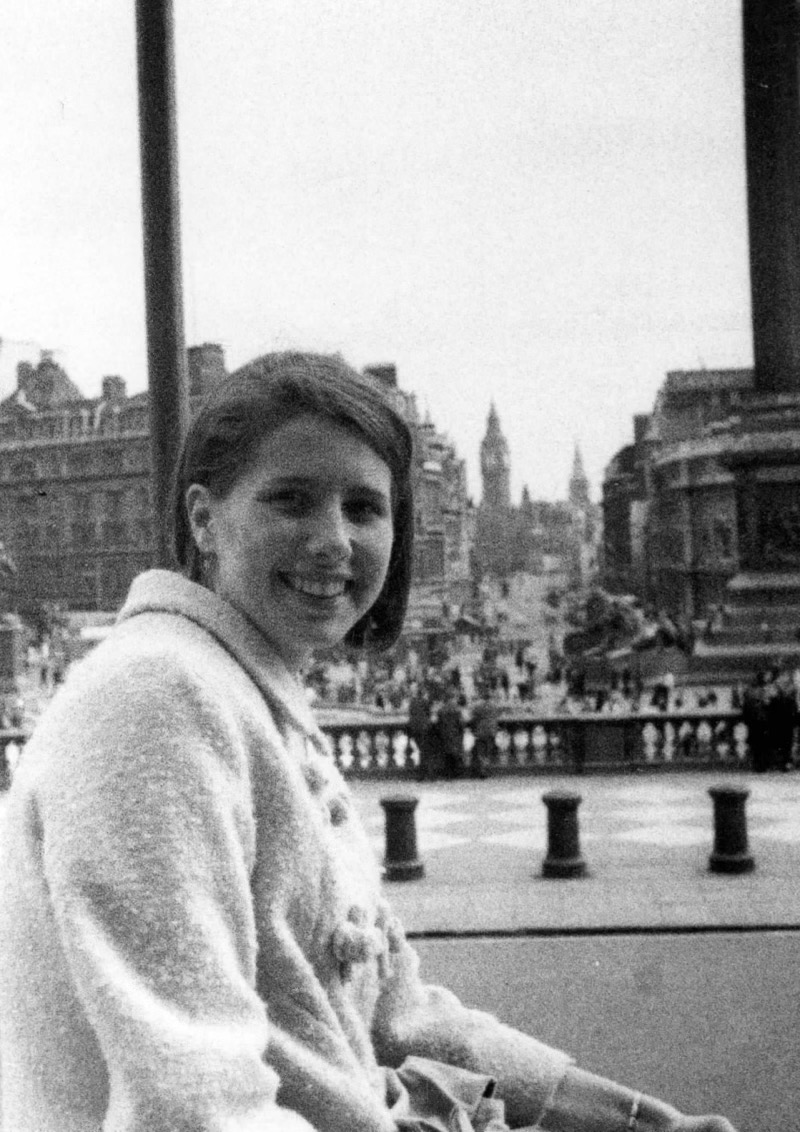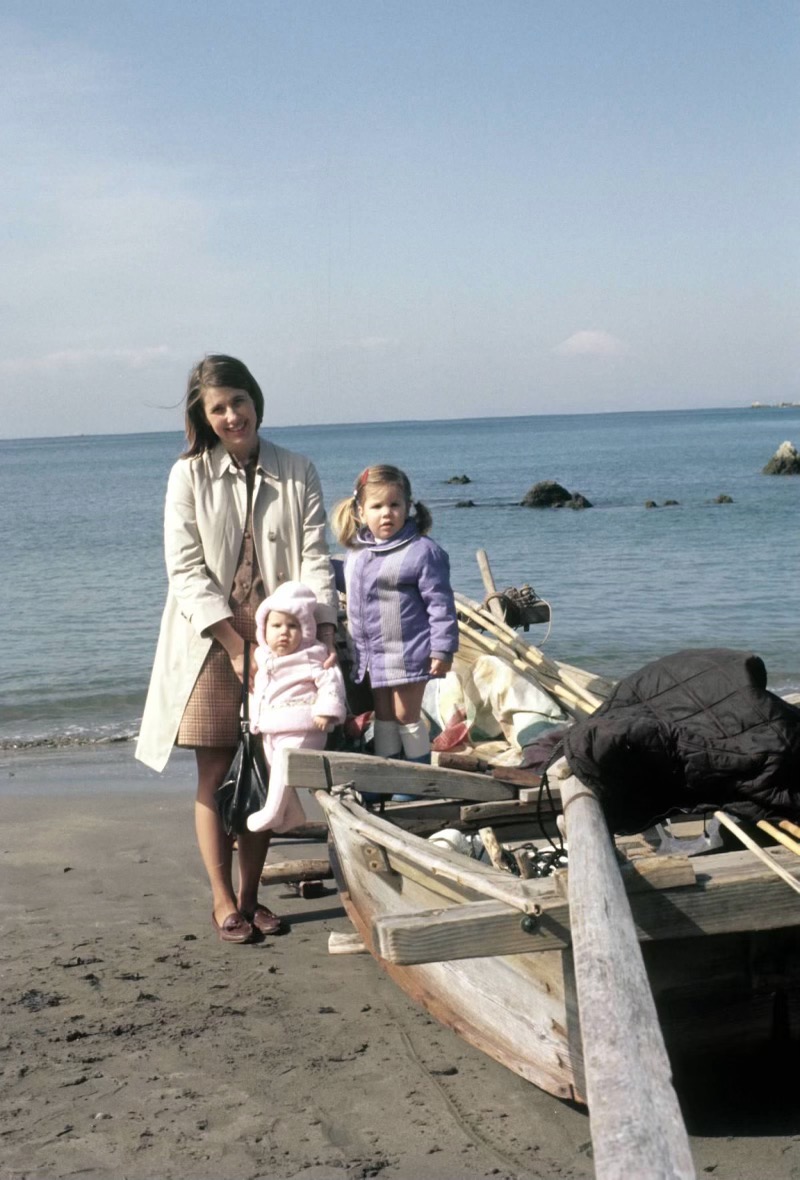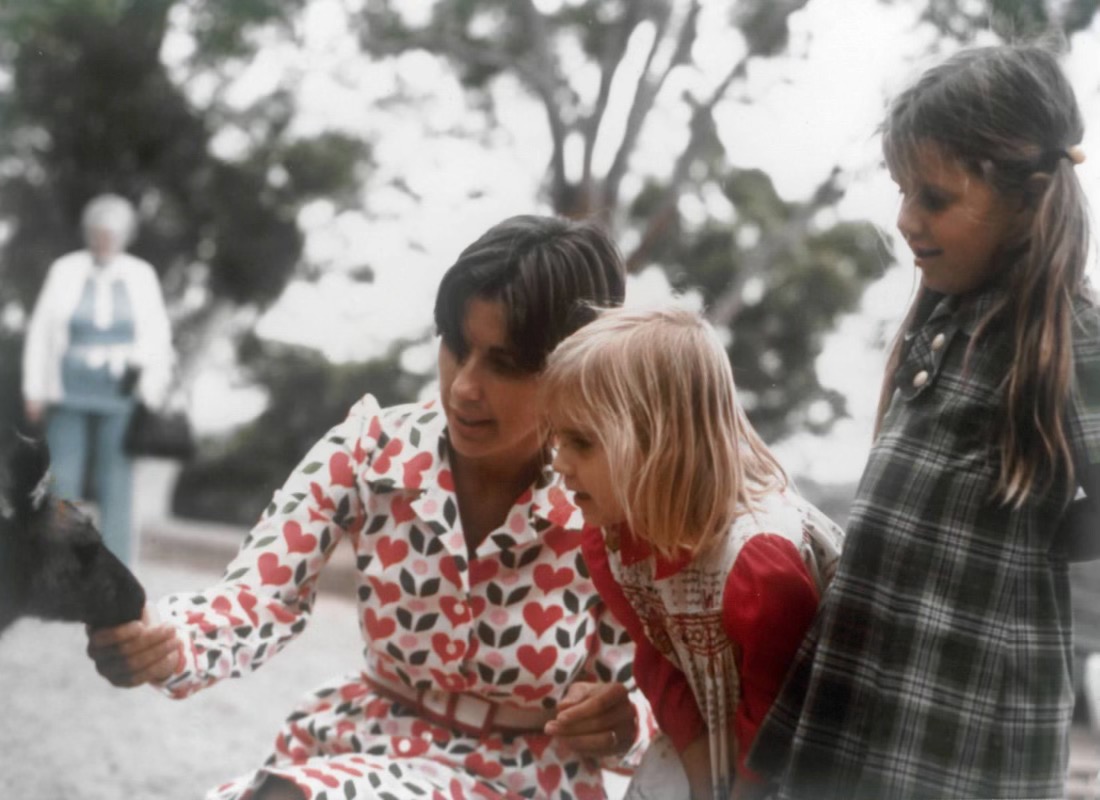Yes, Virginia, there is a Santa Claus” is a line from an editorial by Francis Pharcellus Church in the New York newspaper The Sun on September 21, 1897.
The exchange became so well know that The Sun republished it during the Christmas season every year until 1950, when the paper ceased publication. The writer’s response outlives the event and his paper.
Is there a message beyond this recurring seasonal query?
Here is the letter:
September 21, 1897
Dear Editor, I am 8 years old.
Some of my little friends say there is no Santa Claus.
Papa says, “If you see it in The Sun, it’s so.”
Please tell me the truth, is there a Santa Claus?
Virginia O’Hanlon
The Editor’s Reply Excerpted ( The full letter can be read here)
Virginia, your little friends are wrong. They have been affected by the skepticism of a skeptical age. . .
Yes, Virginia, there is a Santa Claus. He exists as certainly as love and generosity and devotion exist, and you know that they abound and give to your life its highest beauty and joy. . .
Nobody sees Santa Claus, but that is no sign that there is no Santa Claus. The most real things in the world are those that neither children nor men can see. . .
Only faith, fancy, poetry, love, romance can push aside that curtain and view and picture the supernal beauty and glory beyond. Is it all real? Ah, Virginia, in all this world there is nothing else real and abiding. . .
A thousand years from now, Virginia, nay 10 times 10 thousand years from now, he will continue to make glad the heart of childhood.
Are Credit Unions for Real?
At a point every movement founded on goodwill will have sceptics. Even credit unions.
Some today see the cooperative credit union model as only nostalgia. Similar to listening to sports on radio, two-a-day newspapers, and created in an era when congregations were standing room only on Christmas eve.
Those times are gone. Today the future for cooperatives is to match their bigger, stronger and more influential competitors.
These sceptics put their faith in numbers, the higher the better. The idea that members should share in the first fruits of their collective effort is seen as naive in a competitive market.
Whether large or small, the founders’ belief that credit unions should serve the well-being of all-even those who have the least or know the least about finances-is passe. Especially when AI based lending can do it all–faster, cheaper, and more fair.
The Most Real Thing
The editor’s response describes a different reality.
Members’ faith and loyalty create trust, the foundation of any sustainable relationship-whether commercial or personal. Credit unions empower with service that “makes glad the heart.”
Uplifting peoples’ and communities lives can be “the highest beauty and joy.“ This purpose ignited tens of thousands of founders, differentiates still and will be relevant “a thousand years from now.”
Santa’s commercialization and consumerism is just one side of the story. It invokes an image to put a shiny veneer on profit making.
The editor’s letter presents why this character’s symbol continues to fascinate children of all ages.
And that same understanding is what will make credit unions, at their best, a “real and abiding” movement for future generations.

